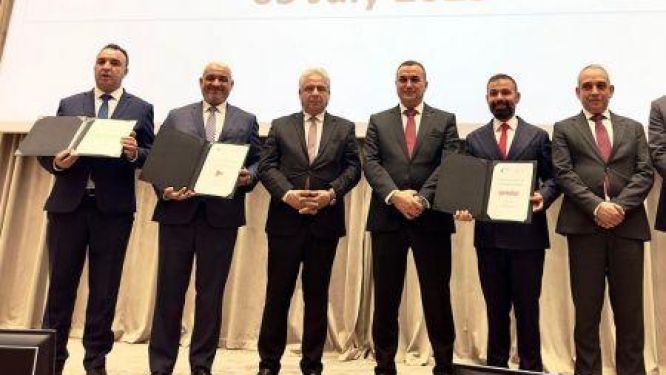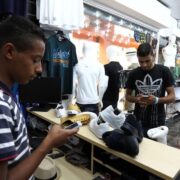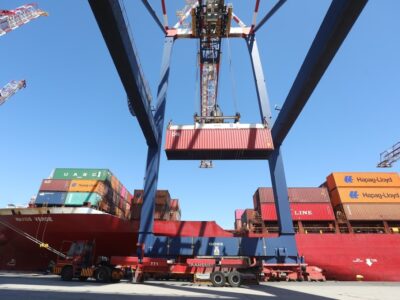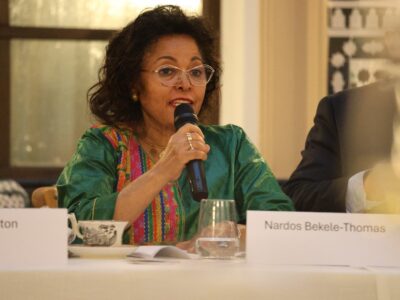
• Algeria grants commercial 5G licenses to top three telecom operators: Mobilis, Djezzy, and Ooredoo
• License award comes on stream as part of the national strategy for digital development aimed at enhancing infrastructure and boosting digital economy
The Algerian government officially awarded commercial 5G licenses to the country’s three main telecom operators – Mobilis, Djezzy, and Ooredoo – on Thursday, July 3. This follows a call for applications launched in May by the Regulatory Authority for Post and Electronic Communications (ARPCE).
The licenses were presented at a ceremony held in Algiers, attended by the Minister of Post and Telecommunications, Sid Ali Zerrouki, and other government officials. The approvals were granted provisionally, pending the actual deployment of 5G networks by the operators.
“The fifth-generation technology serves as a tool for modernizing and integrating education, health, mobility, and security services. It lays the foundation for a new generation of smart cities and employment of artificial intelligence, Internet of Things, and data systems to improve public services,” stated the minister.
Under the terms of the application, the initial launch of 5G will take place in eight pilot wilayas, followed by a gradual expansion. This initial phase aims to test the infrastructure, prepare commercial applications, and assess coverage conditions and service quality.
The introduction of 5G in Algeria is part of the national strategy for digital development, aiming to modernize telecommunications infrastructures, support the digital economy, and improve access to various digital services for the population. According to 2023 data from the International Telecommunication Union’s DataHub platform, the 2G, 3G, and 4G technologies cover respectively 98.5%, 98.2%, and 90.4% of the Algerian population.
Deployment technicalities, coverage obligations, and license fees have not been disclosed at this stage. The ARPCE indicated that implementation monitoring will be carried out by its services, in coordination with the relevant ministries.
This article was initially published in French by Adoni Conrad Quenum
Edited in English by Ola Schad Akinocho











Comments